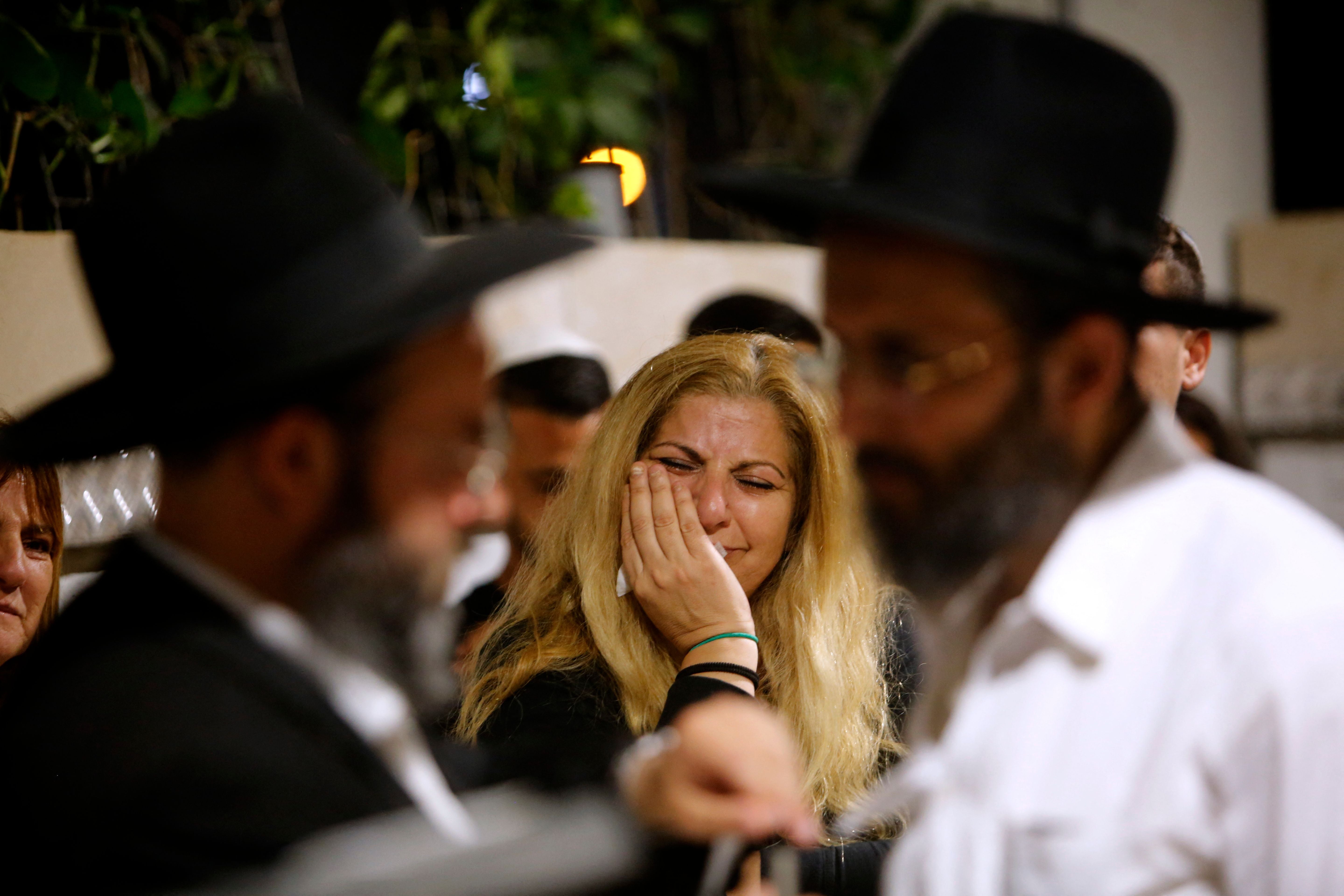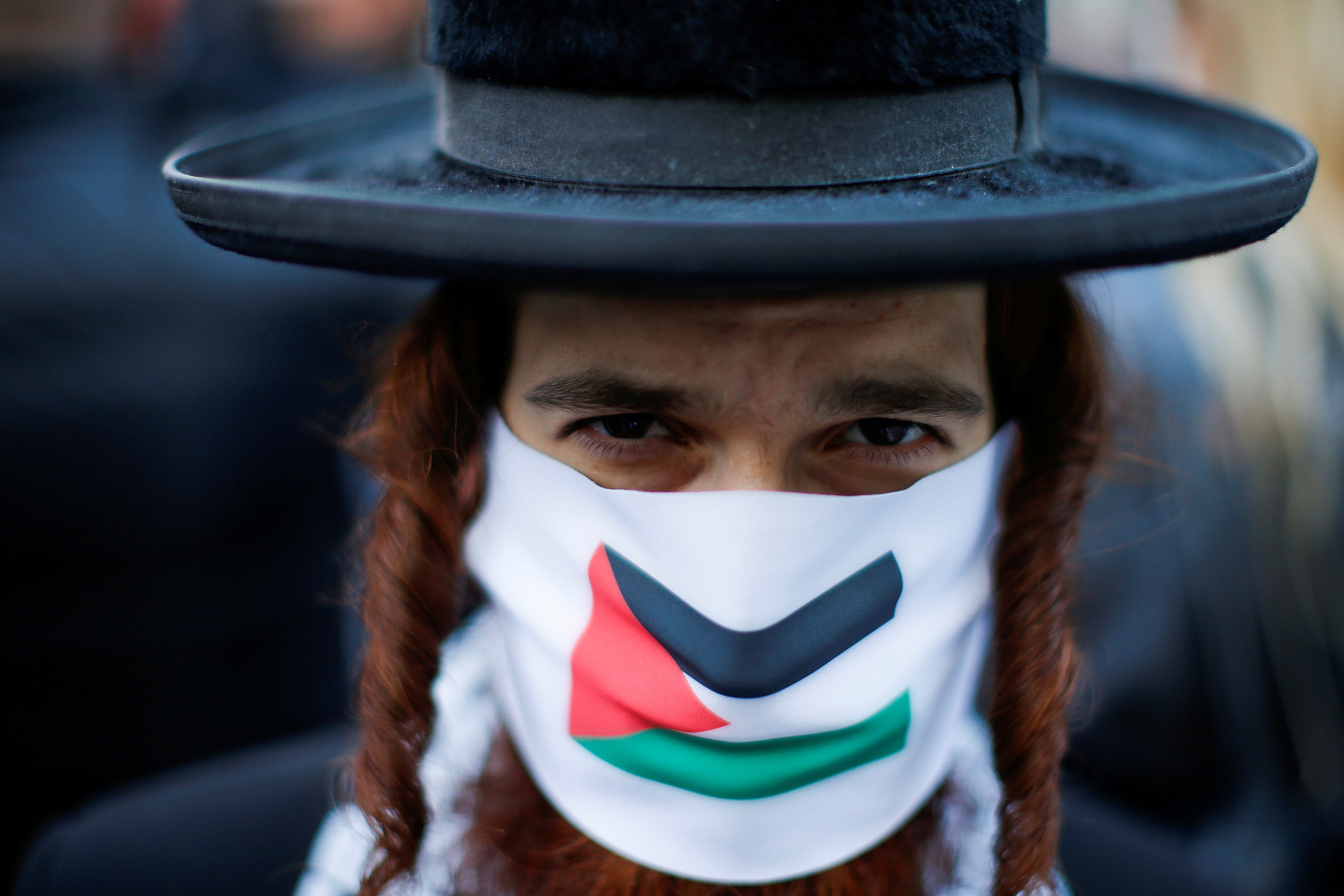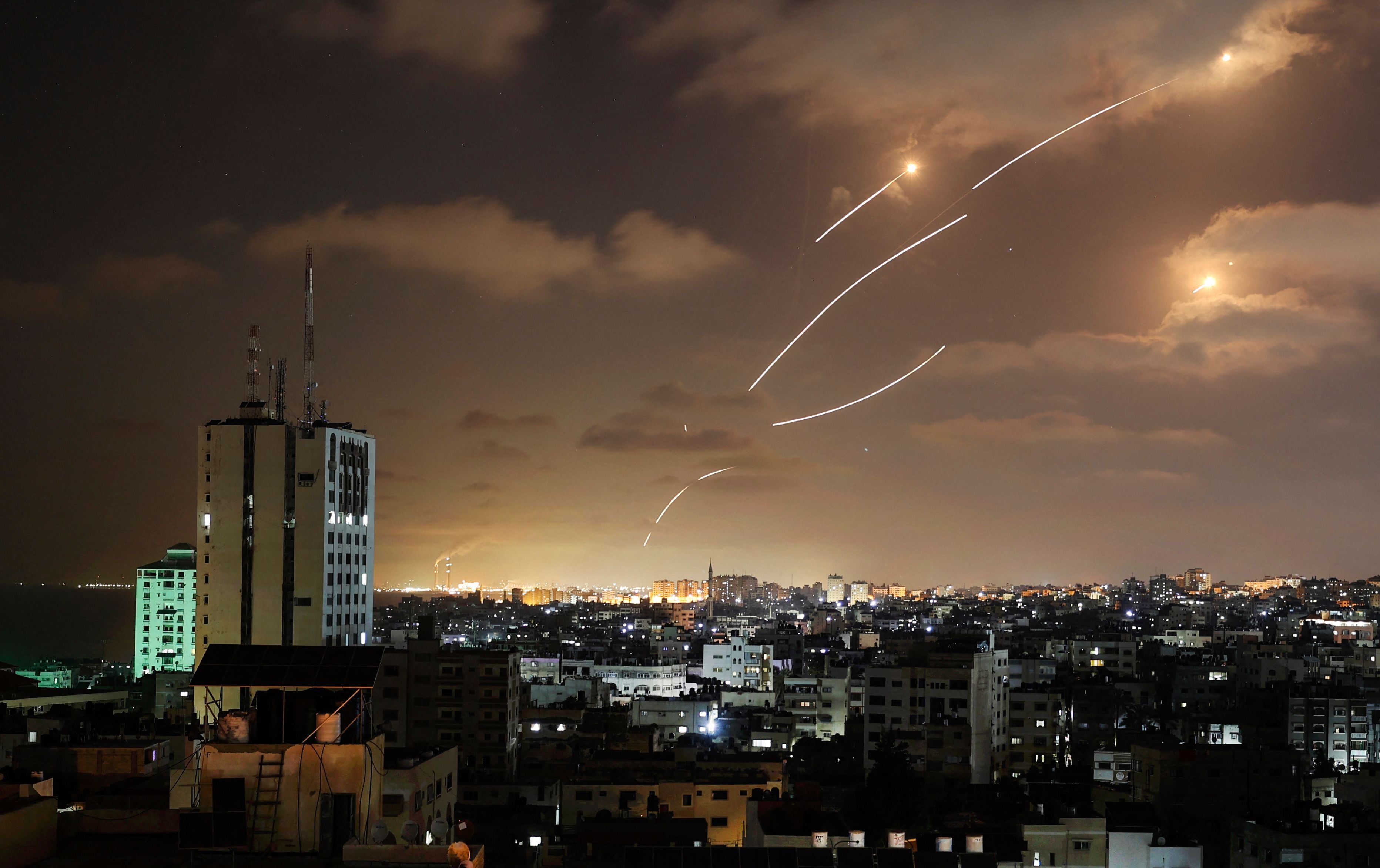Why the latest Israel-Gaza conflict could prove an international game changer
The violence of the Israel-Gaza conflict could derail plans some countries have of putting the Middle East on the diplomatic backburner, writes Borzou Daragahi

An armed conflict in the Middle East between Israelis and Palestinians has become more vicious and much broader far quicker than anticipated, potentially altering the calculations of regional and global powers eager to ignore the long-simmering crisis.
The latest sequence of events began with attempts by Israeli settlers to appropriate Palestinian properties in Jerusalem and Israeli armed forces raids on the al-Aqsa mosque considered the third holiest site in Islam. The Gaza-based militant groups Hamas and Islamic Jihad responded with barrages of rockets against Israel, which launched ferocious airstrikes on targets in Gaza.
Dozens of civilians have died. Every harrowing detail of the escalation has been caught on mobile phone cameras, broadcast on television and disseminated via social media, inflaming passions worldwide. An emergency meeting of the UN Security Council was scheduled for Wednesday two days after another one on Monday.
All this comes after much of the world has sought to shelve the long-running Israeli-Palestinian conflict.
The administration of President Joseph Biden came into office seeking to pivot the United States away from the Middle East and focus on Far East Asia and its own domestic challenges. Europe and the United Kingdom have also shifted their focus from the Arab Israeli conflict and focus on recovering from the Covid-19 pandemic, grappling with the ambitions of Russia, and restoring the Iran nuclear deal.
The wealthy states of the Arabian Peninsula began long ago downplaying the Palestinian cause. Last year, coaxed by former US President Donald Trump, the United Arab Emirates and Bahrain signed a deal with Israel. Morocco and Sudan also signed normalisation deals with Israel meant to signal a new era of cooperation.
But the communal violence and escalating armed conflict could waylay any hopes of putting the Middle East on the back-burner.
“It shows if you try to ignore the Middle East it has a habit of sucking you back into its orbit,” said Michael Stephens, a former UK Foreign Office analyst now at the Royal United Services Institute. “The conflict has now escalated to the point where it cannot be ignored.”
So far, the uptick in violence has had little immediate diplomatic fallout.
Along with the rest of the Arab world and Muslim majority nations such as Turkey and Iran, Saudi Arabia and all five other Arabian Peninsula nations that make up the wealthy Gulf Cooperation Council have condemned the attempt by Israeli settlers to seize Palestinian properties in the Sheikh Jarrah neighbourhood of East Jerusalem and the Israeli armed forces’ incursions into the al-Aqsa during prayers.

There’s very little possibility that Arab states would break off or even downgrade ties with Israel over the ongoing conflict. But the escalation will likely complicate budding ties between pro-American Gulf monarchies such as the United Arab Emirates and Bahrain with Israel, potentially any damaging attempts to bring Saudi Arabia, Kuwait, Oman or any other Arab states into a peace with Israel.
“The Trump administration wanted the Arab governments to bury rather than resolve the Palestinian issue,” said Giorgio Cafiero, chief of Gulf State Analytics, a Washington risk management firm. “Events that have been unfolding this month show that that is completely impossible.”
On Tuesday, following days of pressure on social media and images broadcast worldwide of Palestinian children killed in airstrikes, Abu Dhabi Crown Prince Mohammed bin Zayed, the UAE’s de facto ruler, issued a statement that “expressed his concern over the violence in occupied East Jerusalem,” and called for an end to “violations and practices that lead to the continuation of a state of tension and confrontation in the holy city, as well as stopping any practices that violate the sanctity of the blessed al-Aqsa mosque,” according to the official WAM news agency.
“This is just a facade of ‘we have to do something,’” said Andreas Krieg, a Middle East specialist at King’s College. “They’ve always turned a blind eye to the plight of Palestinians. There’s an elite level apathy toward the Palestinian cause.”
Mr Krieg said influential UAE social media figures had gone further, actively adopting the anti-Palestinian rhetoric of the Israeli far-right. “The relationship with Israel is not just an opportunity to win over Washington, it is also based on some ideational synergies on world views,” he said.
Even before the latest crisis the Gulf leaders sought to ignore the Palestinian issue. Arab leaders aligned with Washington and hostile to Iran have frequently remained silent or even cheered Israel as it has taken on Hamas and Islamic Jihad, Gaza-based militant groups backed by Tehran.
But this time Israel’s newfound Arab partners may be feeling the heat. They are being blasted on social media for not doing enough to stand up for the Palestinian cause.
The origins of the escalating conflict in a dispute widely seen even in the United States as provoked by far-right Israeli settlers and the ferocity of the ongoing Israeli offensive may pose a challenge to typical Arab regime apathy. Despite the Abraham Accords, the Gulf states appear to have very little influence over Israeli actions, and there were were signs that the GCC was scrambling to catch up to Arab public opinion, which is stridently pro-Palestinian.
“The governments which signed diplomatic deals with Israel last year find themselves in difficult positions today,” said Mr Cafiero.
Outspoken statements and shows of support by leaders in Turkey and Iran have added to the pressure. “Take a great country like Egypt, or Jordan, who is Israel’s neighbour, why are they silent?” Iran’s president Hassan Rouhani said on Wednesday.
“As an Arab leader you are required to show some sense of responsibility for the Palestinian issue; tou can’t just pretend that it’s not there,” said Mr Stephens. “The Abraham Accords were sold as giving Arabs leverage over Israelis, but there’s just no evidence that is the case.”
The UAE on Wednesday was to host an emergency meeting of Arab lawmakers to discuss Jerusalem. The Arab League, widely seen as a toothless plaything of Saudi Arabia and Egypt, condemned the Israeli airstrikes on Gaza as “indiscriminate and irresponsible” as images of explosions and grieving Palestinians flooded pan-Arab news channels.

“The situation in Palestine is not sustainable in this way and that the Israeli attacks will lead to further escalation,” Secretary-General of the Arab League Ahmed Aboul Gheit was quoted as saying by the Egyptian state news agency.
Western powers have come under pressure to act or speak out beyond bland statements calling for de-escalation and restraint by all sides in the conflict. Russian foreign minister Sergei Lavrov called for an urgent convening of the Middle East Quartet of negotiators that includes the United Nations, Russia, the US and the EU.
“The Americans have tried to sit this one out, but it has escalated way beyond what anyone had assumed,” said Mr Stephens. “It’s a classic example of the Middle East pulling you back in.”
Join our commenting forum
Join thought-provoking conversations, follow other Independent readers and see their replies
Comments
Bookmark popover
Removed from bookmarks